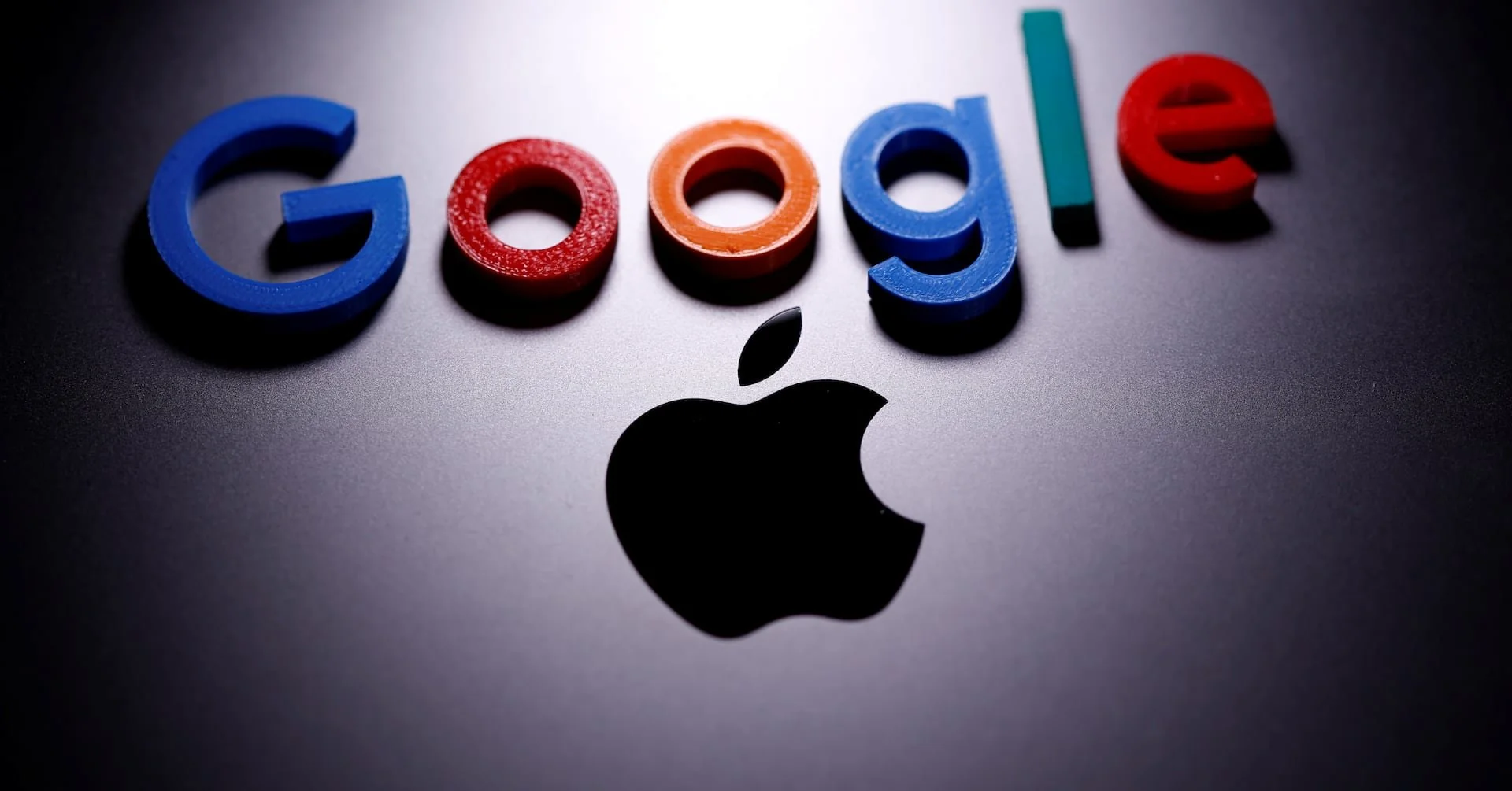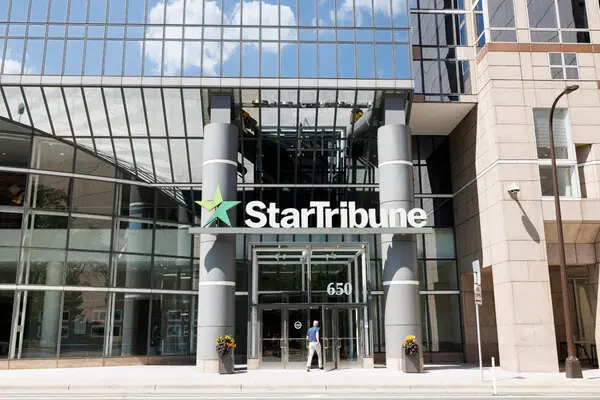Apple has made an unexpected decision impacting millions of iPhone users, which may not bode well for Google and Android users. After years of pressure from Google to adopt RCS (Rich Communication Services), Apple’s recent update—expected to align iPhone messaging with Android—is not quite the change Google envisioned.
The much-anticipated RCS update from Apple, launched in iOS 18, aimed to enhance messaging compatibility and security across platforms. However, the integration has fallen short, with limited encryption between iMessage and Google Messages. Without a direct integration or robust security, the RCS update relies on future protocol changes that could take years.
Following Google’s success in pushing Apple toward this partial integration, new critiques have emerged about RCS’s ease of use and low adoption by carriers. Now, Apple has taken it a step further: starting in iOS 18.2, users can select third-party apps as the default messaging service—no longer restricted to iMessage.
Apple initially planned this change for European users due to the Digital Markets Act (DMA), but it’s now expanding globally. This means iPhone users worldwide will be able to choose an encrypted, cross-platform app as their default messenger. While iMessage remains popular in the U.S., where the “blue bubble” status holds sway, apps like WhatsApp dominate in most global markets.
This shift could disrupt Apple and Google’s joint efforts to position RCS as a default cross-platform solution, and it raises questions about RCS's future as WhatsApp and others expand business functionalities. This major update may herald the most significant iPhone change in years, offering a long-awaited secure messaging alternative that RCS alone couldn’t achieve
























0 Comments